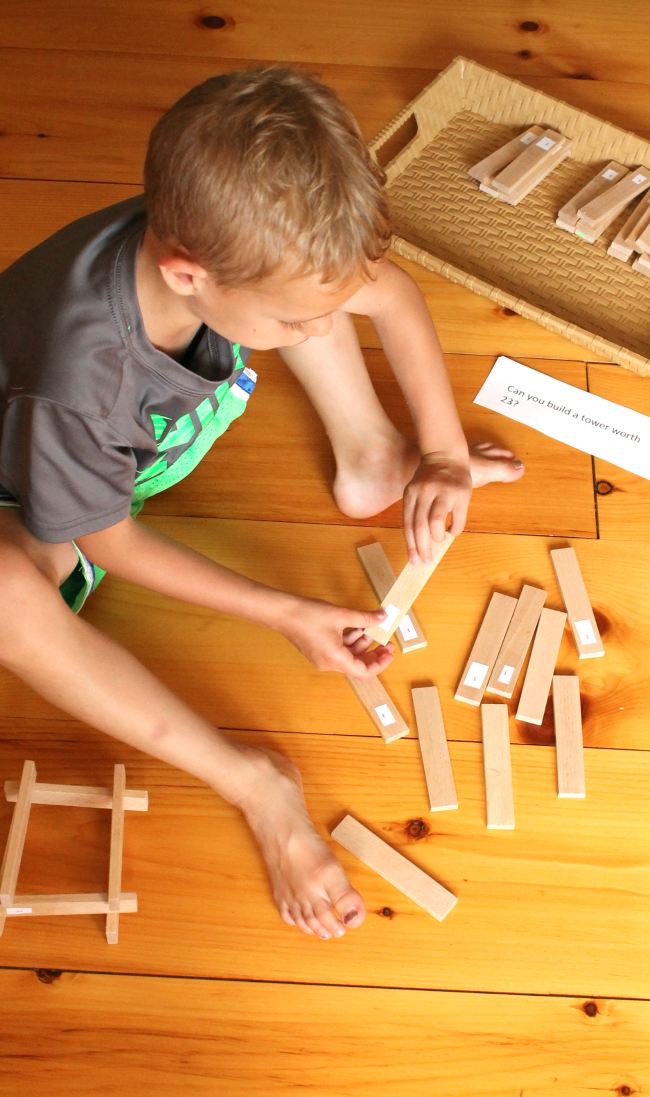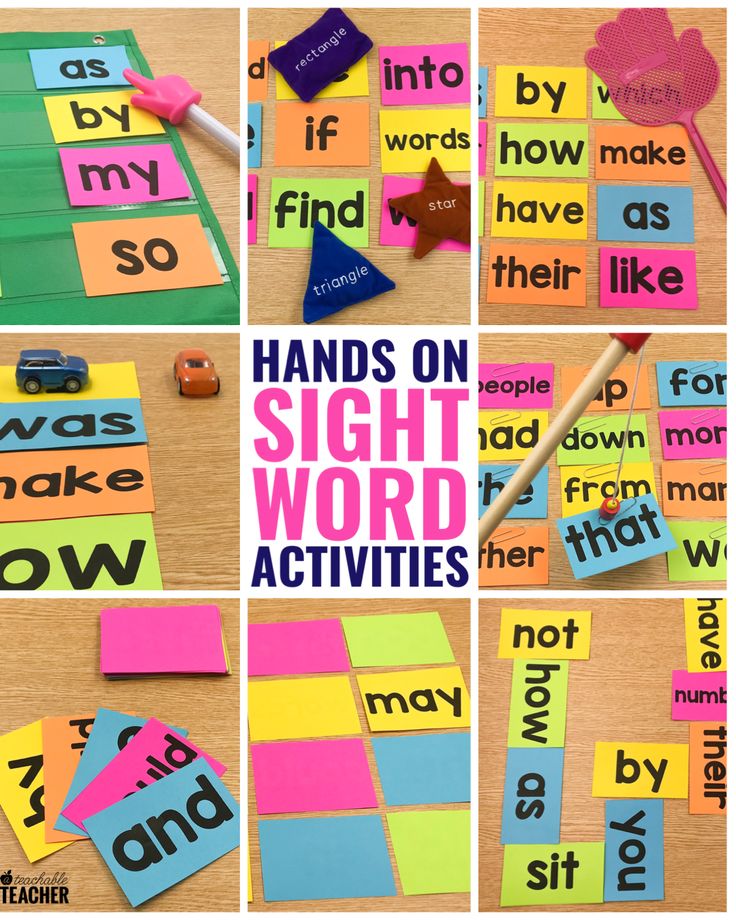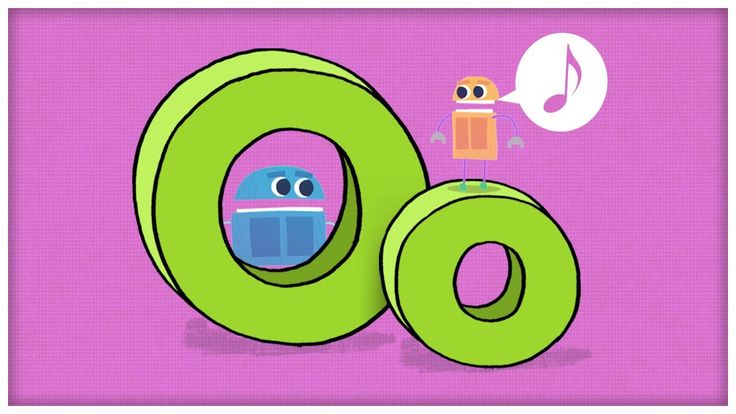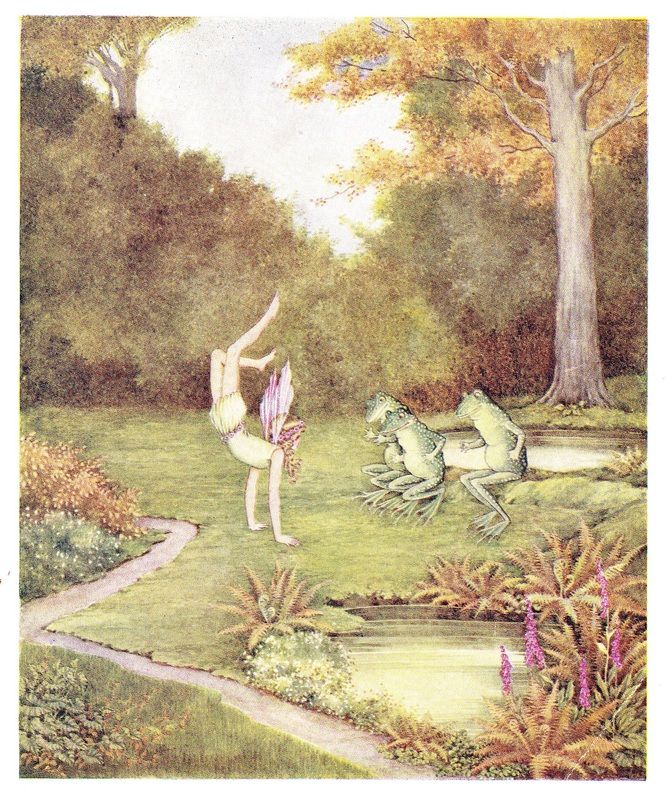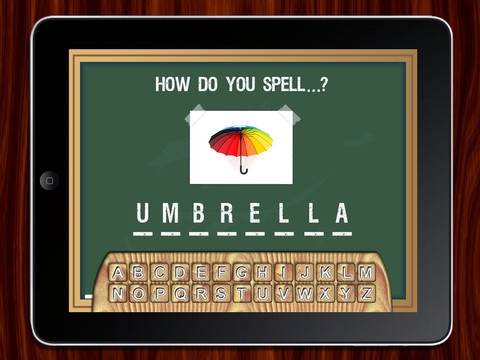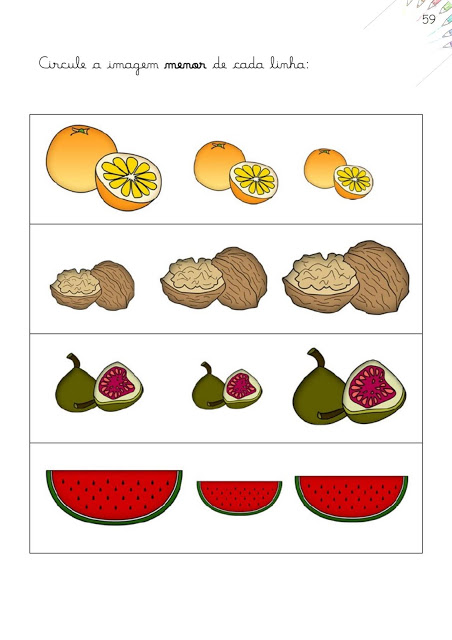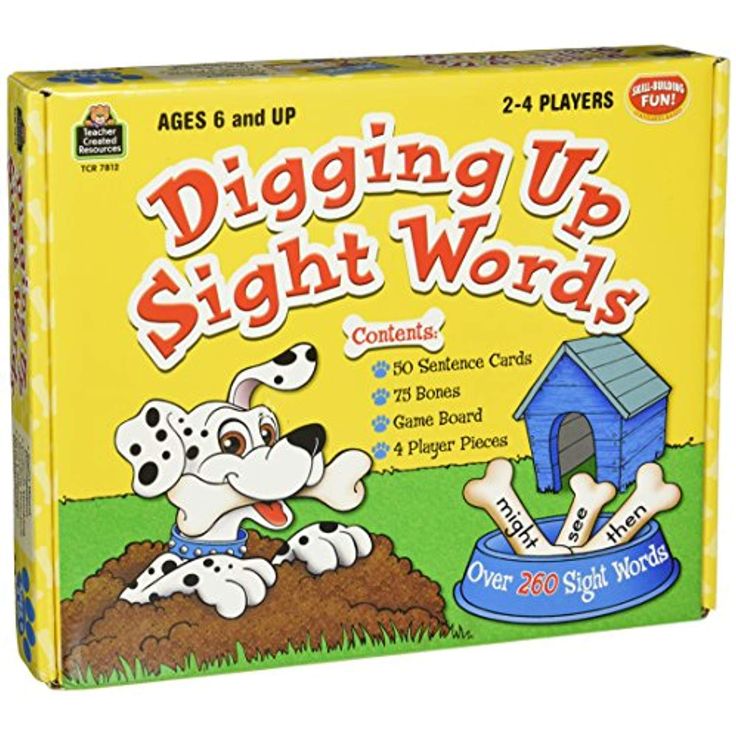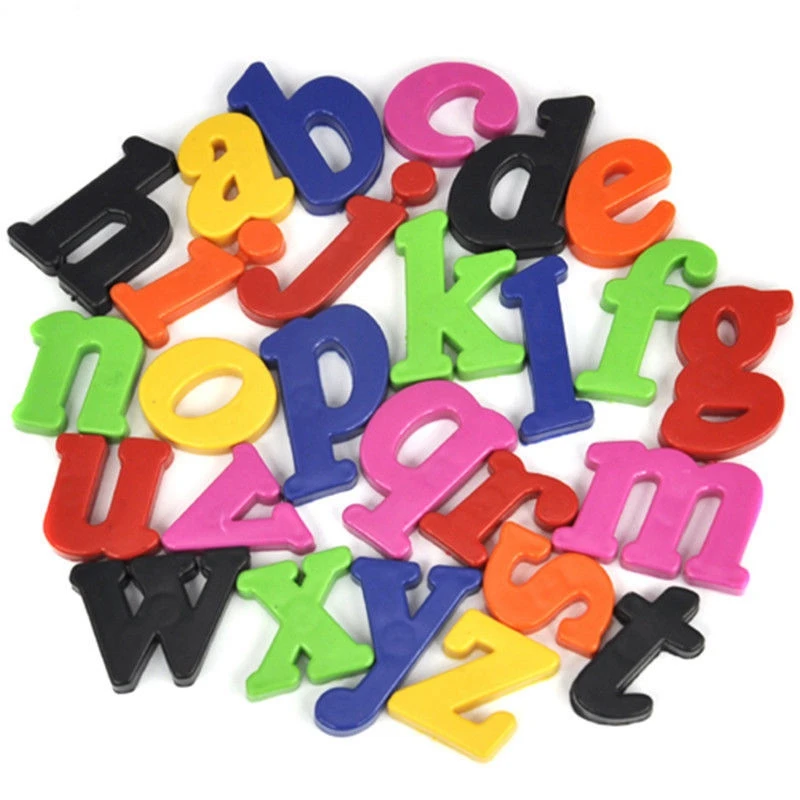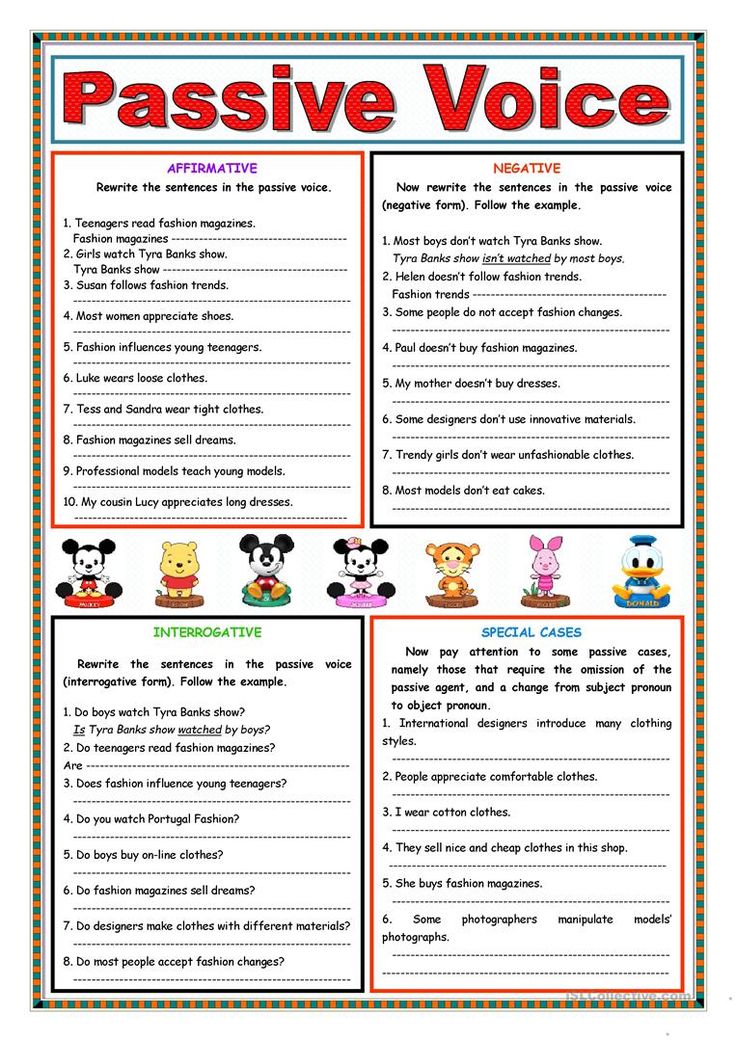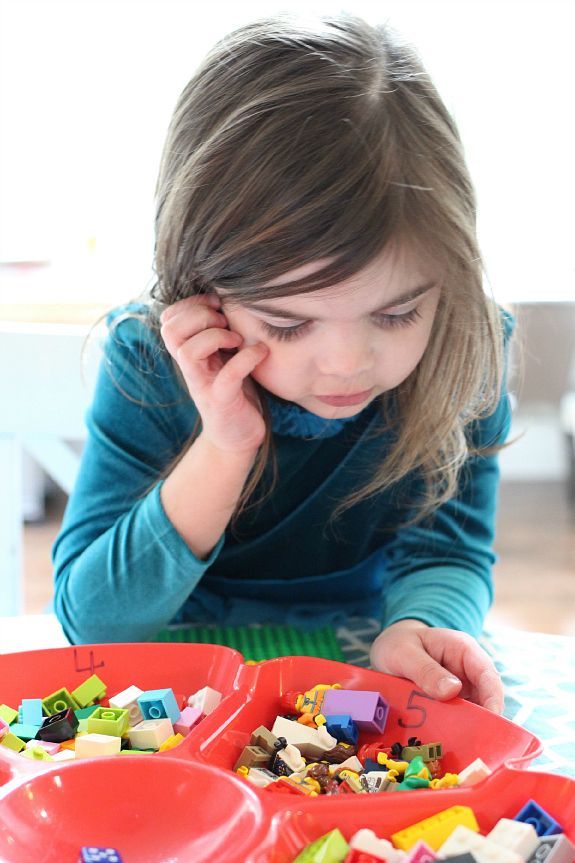Learning concepts for preschoolers
Basic Concepts to Teach Your Preschooler
“What should my preschooler know?”
This question often gets asked by parents. Many want to know what basic concepts their 4-year-old should know in order to be prepared for Kindergarten.
Academically speaking, it’s not a lot. It’s more valuable for your youngster to be able to listen to and follow directions than it is for him to recite the alphabet. While exposing him to the letters of the alphabet through fun activities like songs and puzzles is good practice at this age, expecting him to identify all 26 letters in upper and lower case isn’t really necessary. If you have a child who is advanced in Language Arts and is ready and interested in learning letters and reading, go ahead and do so. Otherwise, exposure to the written word through fun activities like I previously mentioned and read aloud time is usually enough.
I have compiled a list of basic concepts that are generally good for preschoolers to know. This is different from skills that they should be able to do which is found in this post: Preschool Skills Checklist. Both lists are just guidelines to help you out. Every child is unique and learns at a different rate so it’s fine if your child doesn’t know all of these by the time he starts doing Kindergarten level work. You can always cover the basic concepts that he didn’t learn as a preschooler then.
- ❑ Colors
- ❑ Shapes
- ❑ Numbers 1-10 (mainly counting from 1-10 although identifying at least 1-5 is helpful)
- ❑ Same and different
- ❑ Does not belong
- ❑ One-to-one correspondence
- ❑ Pattern recognition
- ❑ What comes next in a sequence of events
- ❑ Up and down
- ❑ Above, below, and beside (next to)
- ❑ Front and back
- ❑ Over, under, and in the middle
- ❑ In front of and behind
- ❑ Closed and open
- ❑ First, next, and last
- ❑ Inside and outside (in and out)
- ❑ Backward and forward
- ❑ Top and bottom
- ❑ Before and after
- ❑ High and low
- ❑ Big and little
- ❑ Largest and smallest
- ❑ Tall and short
- ❑ Wide and narrow (fat and skinny)
- ❑ Medium sized
- ❑ Long and short
- ❑ Same size
- ❑ Fast and slow
- ❑ Basic feelings such as happy, sad, mad, and glad
- ❑ Empty and full
- ❑ More and less (fewer)
- ❑ Many and few
- ❑ Part and whole
- ❑ Night and day
- ❑ On and off
- ❑ Loud and soft
- ❑ Hot and cold
- ❑ Hard and soft
- ❑ New and old
- ❑ Early and late
- ❑ Times of the day such as morning, afternoon, and evening
- ❑ Weather
- ❑ Seasons
- ❑ Simple categories such as food, clothes, animals, and toys
- ❑ Family members
- ❑ Parts of the body
- ❑ Stranger safety
- ❑ Full name
- ❑ Parents’ names
- ❑ Home phone number
- ❑ Birthday
- ❑ God
- ❑ Jesus
- ❑ Heaven
- ❑ Earth
- ❑ Angels
I have some preschool printables that teach some of these concepts here.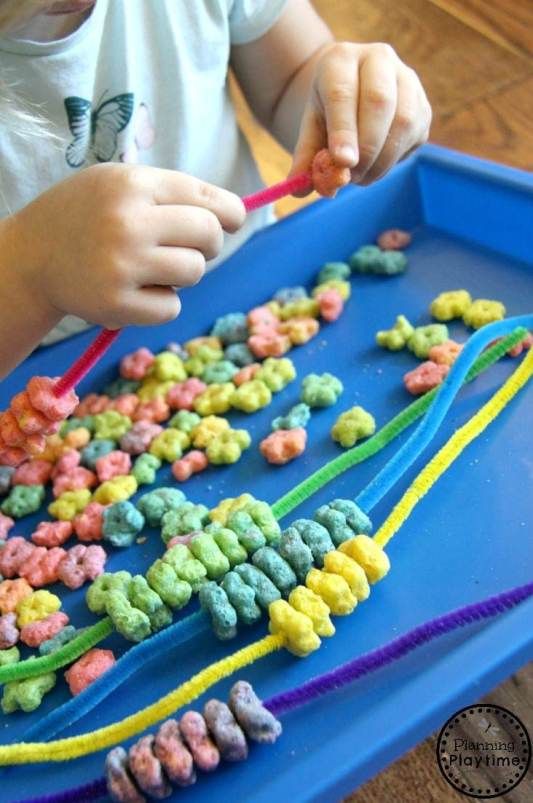 I think your youngster will like them!
I think your youngster will like them!
Many blessings,
P.S. If you need some inspiration, you can find a list of more than 250 preschool themes to teach your child here: The Ultimate List of Preschool Themes
16 Things Kids Learn in Preschool
- Share
Ever wondered what your kids are really learning at preschool when it seems like they’re just playing all day? The good news is that if it seems like they’re “just playing” then the school is doing something right!
Learning during the first 6 years is about building skills through play.
This does not only apply to babies and toddlers. Preschoolers learn best through play, when using their whole body and engaging the senses.
You may be wondering what a preschool curriculum should include or what subjects are focused on. This is not really that important. There is no curriculum-in-a-box, but rather a set of abilities and skills a preschooler should develop.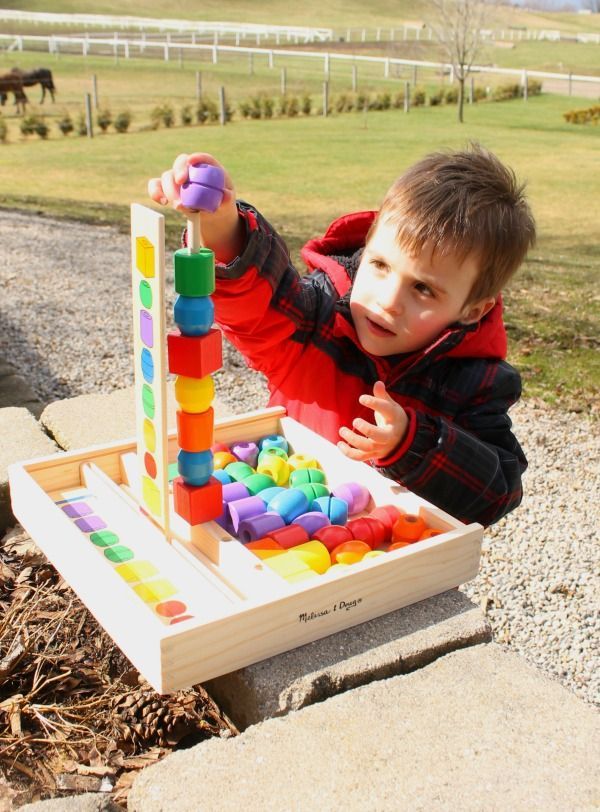
Some preschools choose to use set themes around which to plan play activities; others let themes develop naturally (learning about caterpillars when a child finds one in the garden).
A good quality preschool will give your children a well-rounded education through a balance of free play and well-planned, adult-guided play.
So, what do kids learn in preschool? Here are 16 things.
1. Gross Motor SkillsPhysical development starts with developing gross motor skills – the large muscles of the body.
At preschool, your children will be moving nonstop. Movement is the most important skill to develop first in the early years as it is necessary for all other learning.
Children must develop skills such as strength, hand-eye coordination and agility.
They also need to develop two important senses – vestibular and proprioception – responsible for balance and body awareness.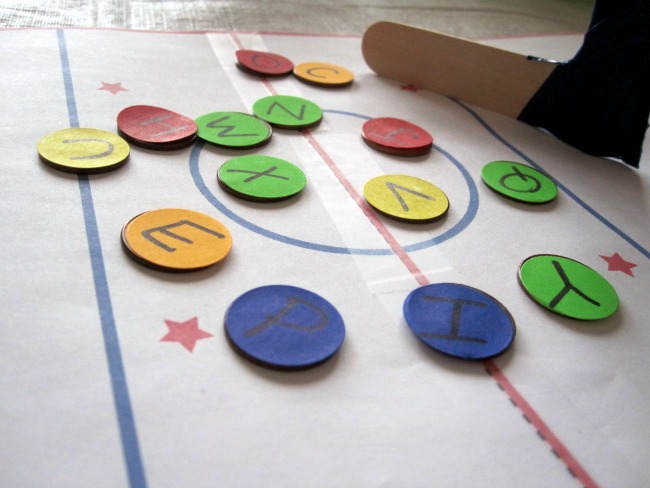
Movement is important as it stimulates learning, improves concentration, gives the brain oxygen and works both sides of the brain. Good gross motor skills also lay the foundation for fine motor skills.
Some examples of gross motor activities:
- Throwing and catching balls
- Playing hopscotch
- Singing action songs
- Playing with bean bags
- Balancing on beams
- Climbing and hanging
- Skipping and hopping
- Running and chasing games
Fine motor coordination – the development of the small muscles – is a prerequisite to learning how to write and is necessary for performing everyday tasks.
In preschool, children spend a large portion of their day working on these skills.
Fine motor skills are developed through all kinds of art activities, such as:
- Drawing
- Painting
- Cutting
- Pasting
- Box construction with waste materials
They can also be developed with other fine motor activities such as:
- Pegboards
- Puzzles
- Threading and lacing
- Playing with pegs
- Playing with construction toys (Lego is great)
- Moulding playdough
Developing a pencil grip and learning to form letters starts with all these kinds of fine motor activities.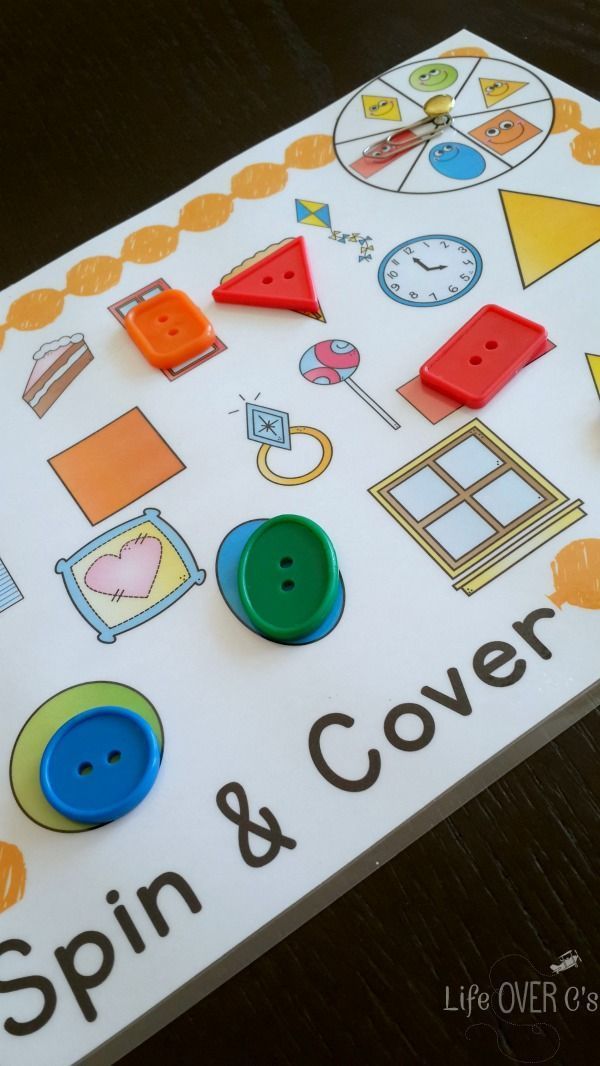
Preschool is where the foundations for mathematics begin. No child ever learns maths in the first grade. The type of maths they learn just becomes more formal.
In the preschool grades children learn:
- Rote counting (such as counting up to 20)
- One-to-one correspondence (reliably counting objects)
- Classifying
- Sorting
- Length
- Capacity
- Weight
- Area
- Temperature
- Time
- Space
- Shape
These concepts are learned while having pure fun – in the sandpit, while baking, playing with water, building with blocks and even while tidying up.
4. Problem SolvingProblem solving is an important life skill and one that must be developed early on. Learning this in preschool also helps children with mathematical problem solving during the formal grades.
Problem-solving skills are built during simple activities such as:
- Construction play
- Building puzzles
- Playing board games
- Resolving problems during social play
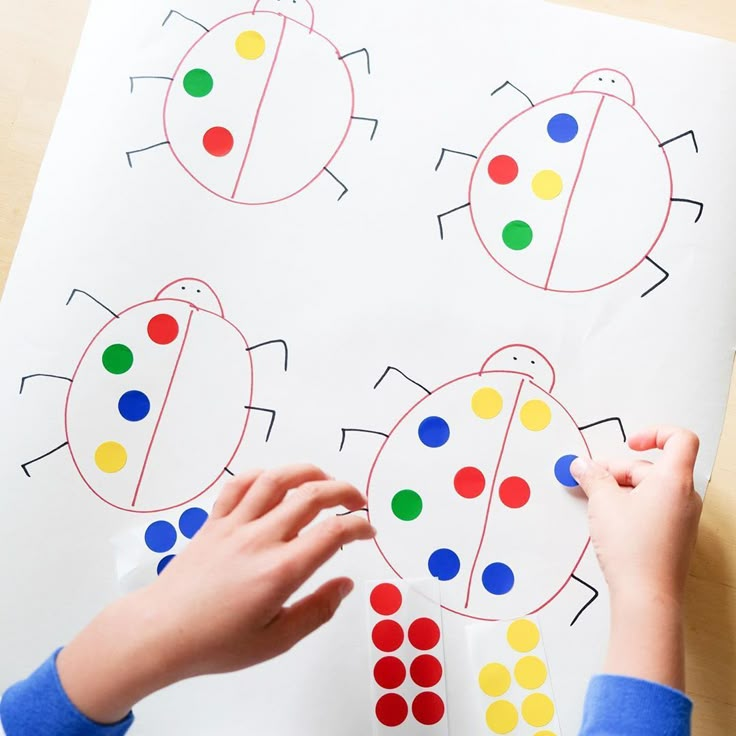 Language and Vocabulary
Language and VocabularyPreschool is a language-rich environment where children’s vocabulary expands dramatically.
They learn sentence construction, the use of grammar and tenses, the meaning of words, etc.
Language and vocabulary are learnt throughout the day while:
- Having circle time discussions.
- Singing rhymes and songs.
- Playing games.
- Playing alone and with friends.
- Learning about a theme.
- Playing with toys, equipment and other materials.
- Listening to stories.
Writing starts with developing important pre-writing skills through play and art activities.
These four skills are specific requirements for learning to write and will be the focus during preschool:
- Pencil grip
- Crossing the midline
- Learning about letters and their formation (through play, not formal writing)
- Learning to form patterns (for example drawing big waves or zig-zags which mimic the shapes found in letters)
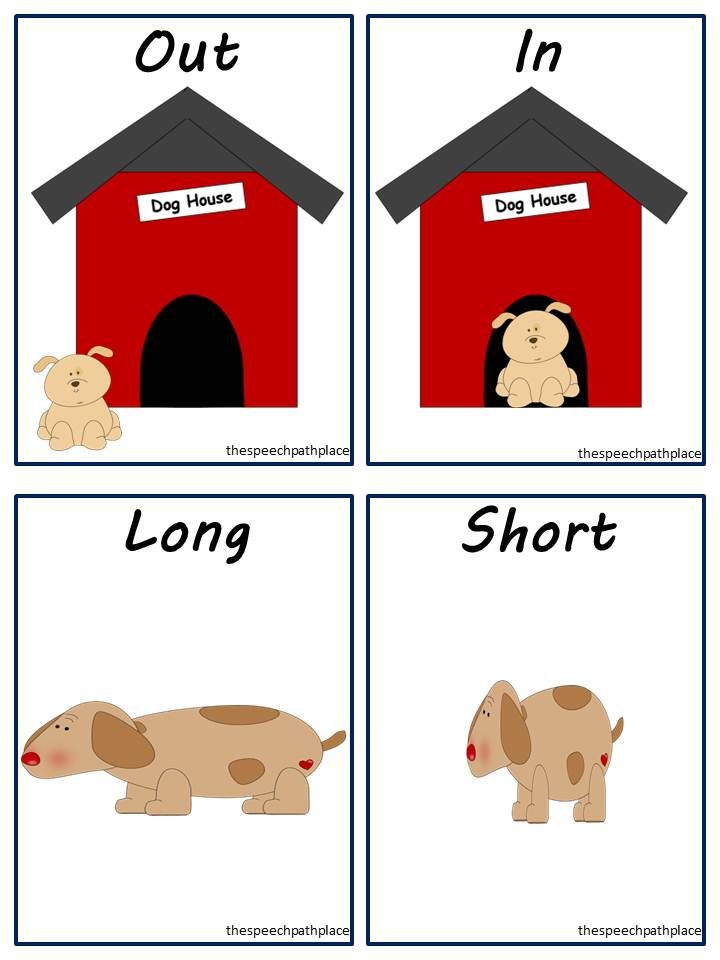 Listening Skills
Listening SkillsListening is one of the most important and often underdeveloped skills. This should be a focus area during preschool.
Children learn to listen by doing these kinds of activities:
- Listening to stories
- Playing games such as Broken Telephone or I Spy
- Following instructions
- Class discussions
- Music activities
Although your children are learning to listen at school, it is highly recommended to focus on these skills at home too. Children with good listening skills are much more successful and capable at school.
Here are some listening games you can play at home.
8. Musical SkillsMusic in preschool is about so much more than just developing musical skills.
Music develops children’s:
- Vocabulary
- Understanding of rhyme, syllables and sounds
- Auditory perception
- Concentration
- Fine motor skills (finger plays)
- Gross motor skills (action rhymes)
- Mathematical skills (counting rhymes)
- decision-making skills (games such as musical chairs)
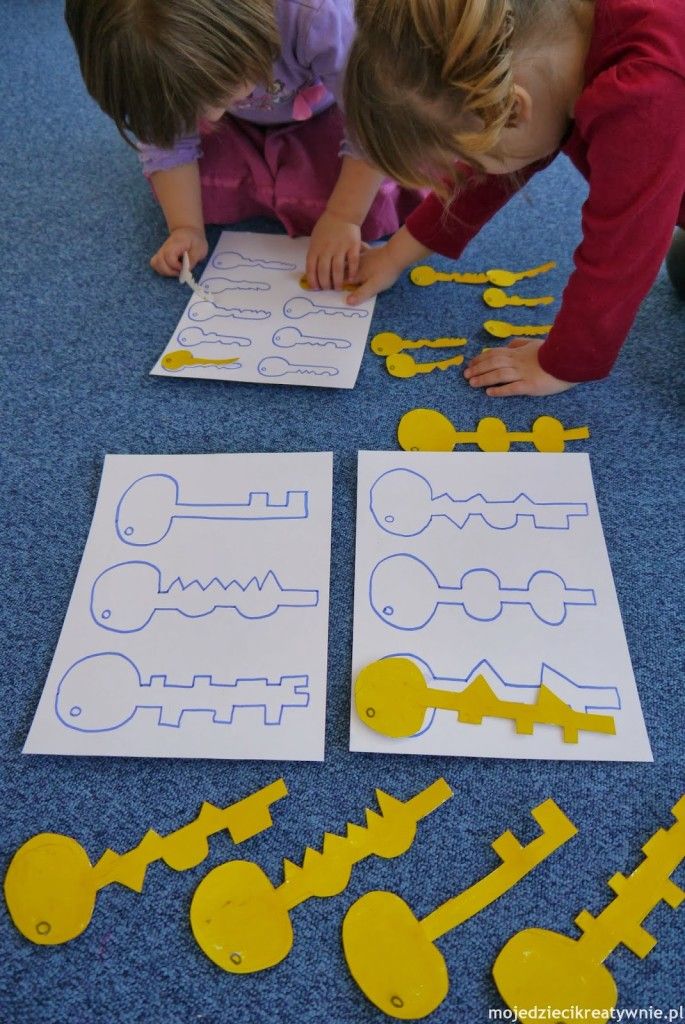 Visual Perceptual Skills
Visual Perceptual SkillsVisual and auditory perception are the two main building blocks of learning to read.
Children develop their visual perception during preschool with the following types of activities:
- Activities that teach about shapes and colours
- Patterning activities
- Puzzles and tangrams
- Card games
- Memory games
Auditory perception is the brain’s ability to make sense of what the ears hear. It is vital for being able to learn sounds for reading.
These kinds of activities develop auditory perception:
- Reciting rhymes and poems
- Playing with instruments
- Playing sound games
- Playing word games
During preschool children develop all the necessary pre-reading skills to set them up for learning to read formally.
Learning to read requires developing sound knowledge (auditory perception) and symbol knowledge (visual perception), as explained above.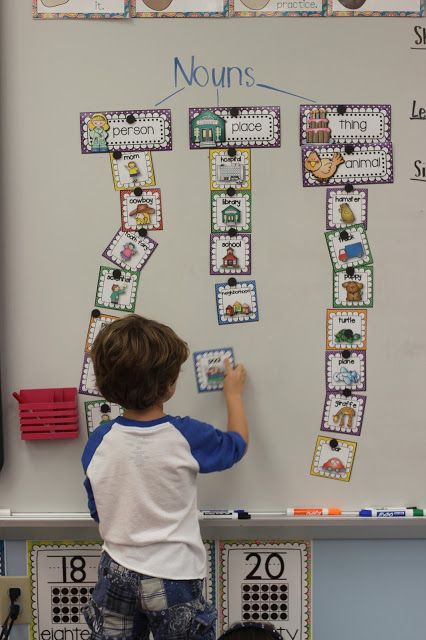
These are the five main pre-reading skills:
- Print awareness – understanding that written words convey meaning.
- Motivation to read – exposure to books that ignites a desire to read.
- Listening comprehension – the ability to understand what is heard.
- Letter knowledge – informal exposure to letters and their sounds during play.
- Phonological awareness – being able to hear sounds in words (beginning, middle and end sounds).
Children are exposed to these kinds of activities:
- Playing rhyming games
- Playing word games
- Games involving hearing syllables
- Playing listening games
- Following instructions (single and multiple instructions)
At school, children also strengthen their memory, a skill they will rely on for learning throughout their education.
These are the kinds of games that are often played in preschool classes:
- Memory card games (get your own cards by downloading the FREE set of printables at the end of the post).
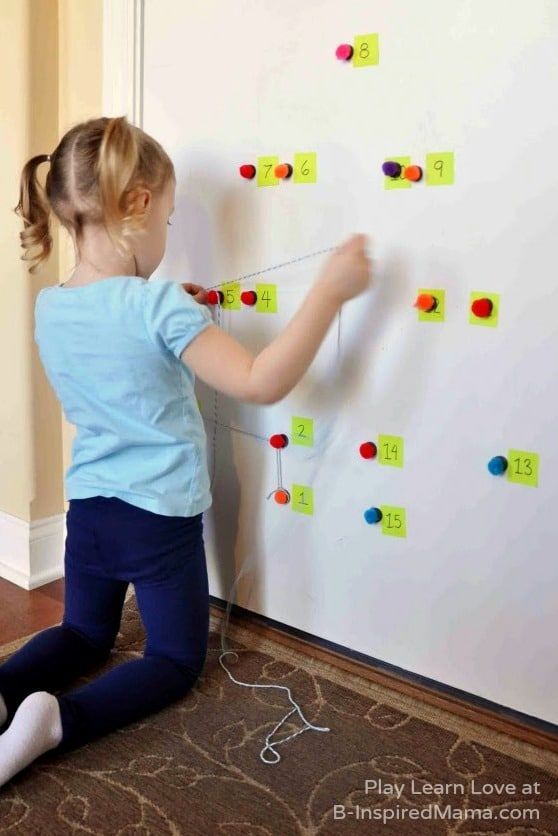
- Circle memory games such as “I went to the shops and I bought a…”. Each child has a turn to add an item, but must first recall the entire list before adding their item.
- List games such as “Categories”. Pick a category (e.g. fruits) and go around the circle asking each child to add the name of one fruit. No fruits may be said twice so children must remember which ones were already mentioned
As children explore and interact with their environment and nature, they also learn about early science concepts.
A great example is learning about physics by discovering the properties of water during water play:
- Water makes sand heavier.
- Water influences the texture of sand.
- Water falls through space (e.g. through a sieve).
- Air (wind) moves water.
- Water is a liquid because it pours.
- Water takes the shape of the container it is poured into.
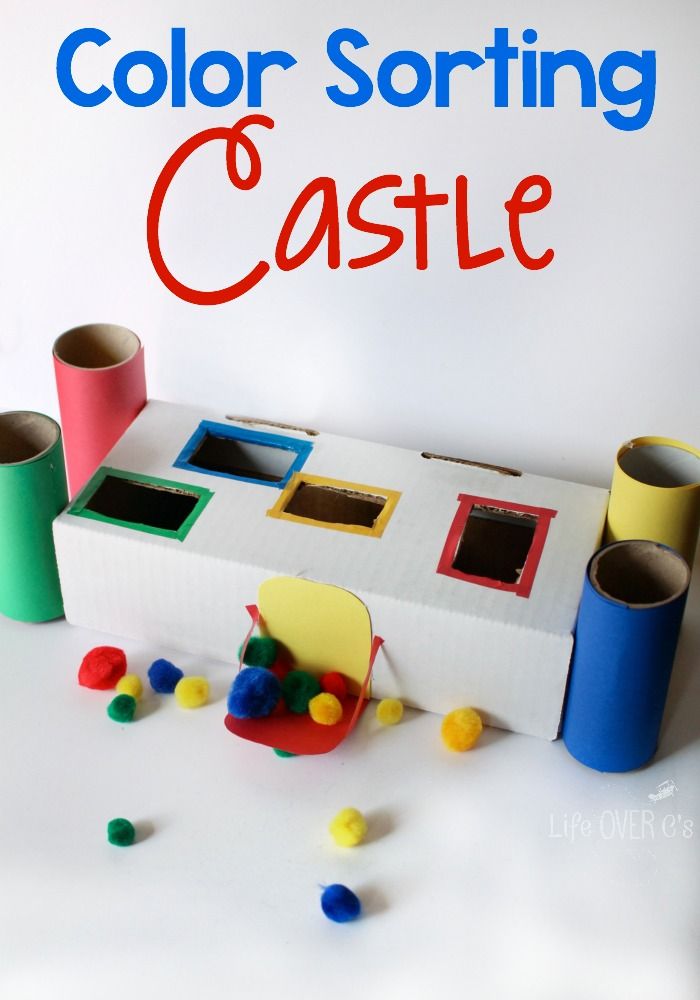
Where better to learn social skills than in preschool? Children are surrounded by friends and adults and they learn to interact appropriately with others.
Throughout the day children learn about:
- Taking turns
- Sharing
- Considering the opinions of others
- Showing empathy
- Cooperating and negotiating
- Resolving conflicts
- Leading and following
- Creating and following rules in games to encourage positive interaction
Preschool is where a child’s creative spark can really be ignited.
There are many opportunities throughout the school day where children develop their creative expression:
- During art activities – painting, constructing, drawing
- Musical activities – dancing, singing and playing with instruments
- Playing with construction toys
- Drama and puppet play
- Telling stories
- Fantasy/ dress-up play
- Outdoor play (e.
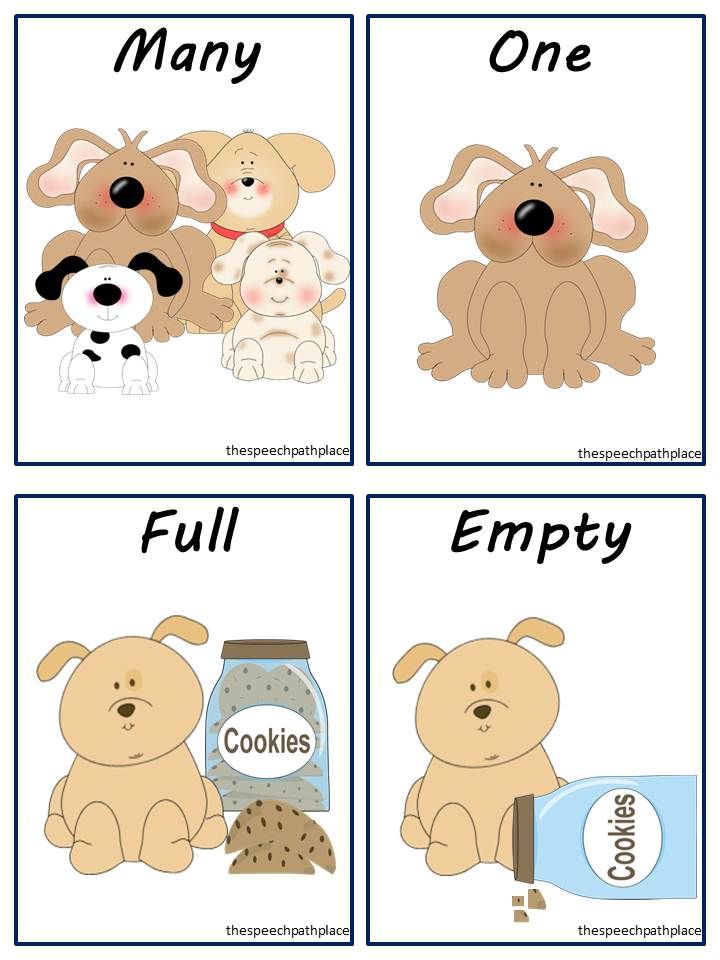 g. building forts)
g. building forts)
Last but perhaps most importantly, the greatest takeaway for young children at preschool is their growing independence.
Children learn to take care of themselves and show a sense of responsibility and a desire to be competent.
There are endless opportunities for this:
- Regular tidy-up times
- Taking accountability for actions
- Looking after belongings (shoes, bags, books, etc.)
- Self-care (going to the bathroom, washing hands, etc.)
- Making choices throughout the day (during free play or activities with choice)
And there you have it. That is certainly not a complete list as your kids are learning so much but that is more or less a summary of what skills a preschooler should have.
Here is a detailed school readiness checklist if you’d like to delve into each developmental area more.
Be wary of preschools that focus on academic skills.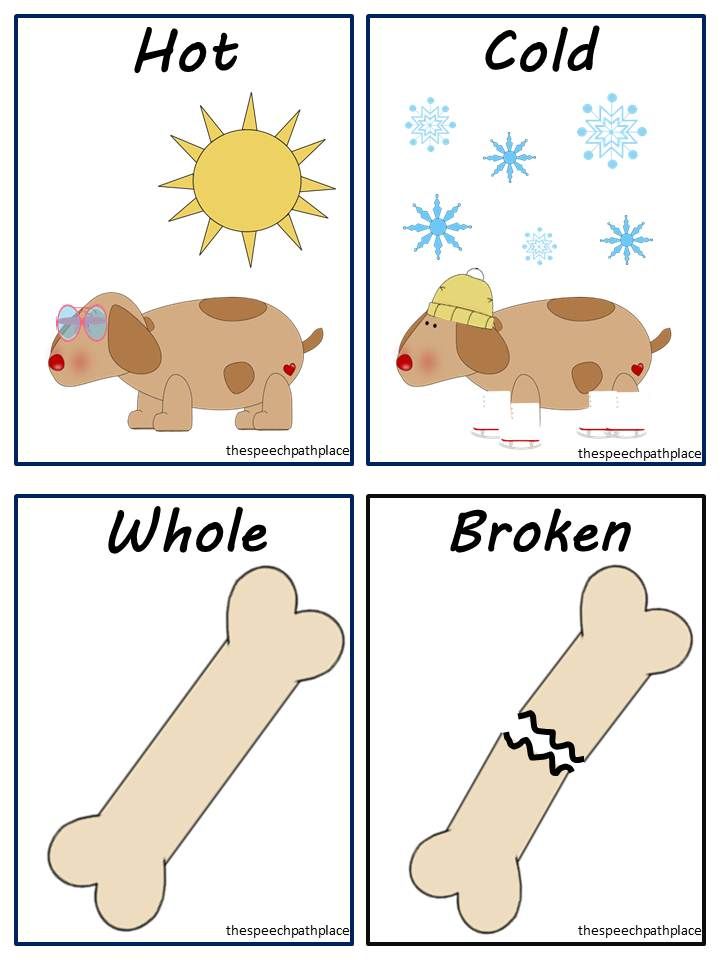 This is developmentally inappropriate and, as you can see from the list above, play is important during the early years.
This is developmentally inappropriate and, as you can see from the list above, play is important during the early years.
Get FREE access to Printable Puzzles, Stories, Activity Packs and more!
Join Empowered Parents + and you’ll receive a downloadable set of printable puzzles, games and short stories, as well as the Learning Through Play Activity Pack which includes an entire year of activities for 3 to 6-year-olds.
Access is free forever.
Signing up for a free Grow account is fast and easy and will allow you to bookmark articles to read later, on this website as well as many websites worldwide that use Grow.
- Share
Topic 4. Modern concepts of preschool education - Megatutorial
The effectiveness of the pedagogical activity of individual educators, the effectiveness of the preschool educational institution as a whole is reflected in the success of the implementation of the main goals, objectives of teaching, educating and developing children.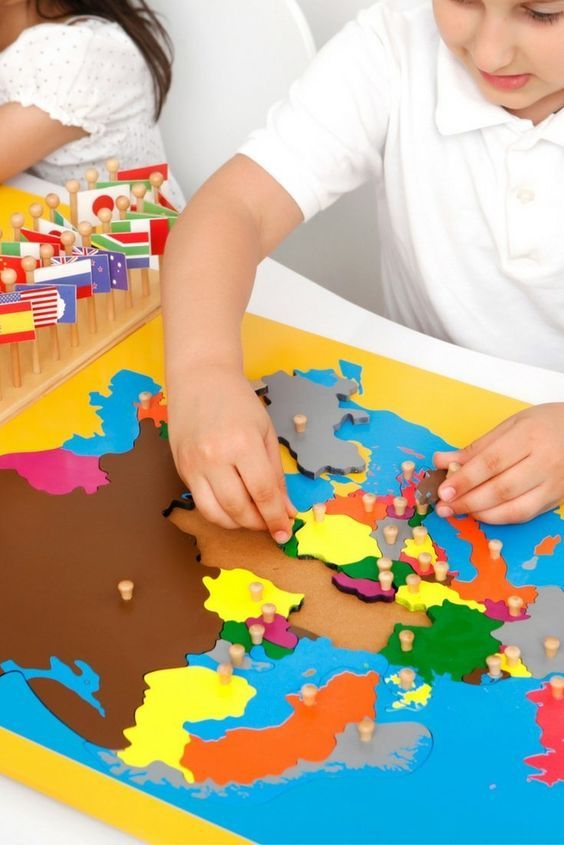 The target component of preschool education is defined by different concepts.
The target component of preschool education is defined by different concepts.
Concept is a system of views on the phenomenon. The pedagogical concept is a system of generalized views united by a leading idea.
In 1989, the research team "School" developed the concept of preschool education . The concept defined childhood "as a stage of preparation for a future life", focused on the attitude towards childhood as a valuable time of life, proposed the following ways to update preschool education: protection and promotion of health (physical and mental), humanization of the goals and principles of educational work with children, radical changing the nature of the training of teaching staff and the conditions for financing preschool education, restructuring the management system.
The concept emphasized the need to implement the specific age-specific opportunities of preschool children, the use of activities accessible to children. In order to humanize the goals and principles of pedagogical work with children, the Concept proposed using a student-centered model, when the teacher adheres to the principle “Not next to and not above, but together!” in communicating with children; the child is considered as a full partner in terms of cooperation, which implies the expansion of the degrees of his freedom.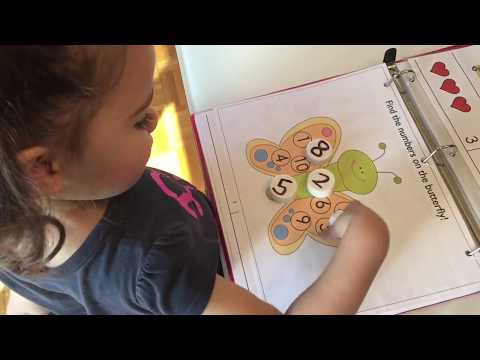
For the protection and promotion of health, the Concept proposed to organize a search for effective means of improving the motor sphere of children, the introduction of a physical education teacher into the staff list of preschool educational institutions. To restructure the content of pedagogical work with children, the Concept emphasized the basis of the child's personal culture, which included the child's orientation in nature, objects, phenomena of social life, and his own life.
The upbringing of preschool children assumed in the Concept the formation of the value bases of attitude to reality. Education of preschoolers was interpreted in the Concept as the formation of a culture of knowledge, a culture of feelings, an active and practical attitude to the world. The condition for the unity of upbringing and education in the Concept proclaims a common approach to the selection of material and the organization of upbringing and education, the saturation of children's lives with bright events, the use of a complex of different types of arts.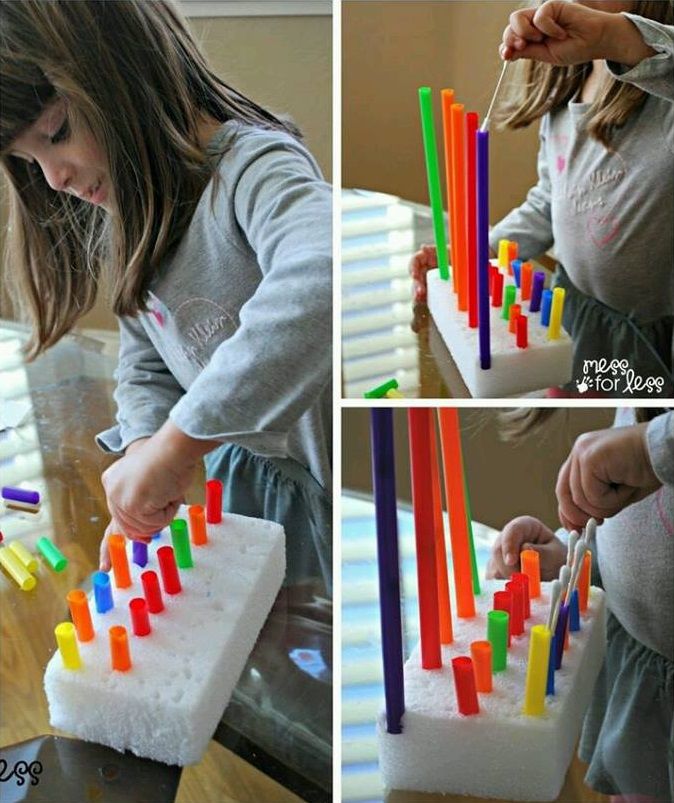
Play plays a leading role in organizing a child's life. To do this, the game must be free from subjects imposed by adults and regulation of actions. In the classroom, direct instruction should not be the predominant form of organization; it is necessary to use a didactic game in the classroom so that the lessons represent a synthesis of the game and cognitive activity. The Concept pointed out the need to allocate personal time in the rules of children's lives.
In addition, recommendations for building a developing environment in preschool educational institutions were covered. The Concept emphasized that the interaction between kindergarten, family and school should be built on the basis of a trusting business contact. The concept focused on the differentiated training of specialists for preschool education; it was proposed that in each group of preschoolers one teacher had the highest qualification of a teacher - a psychologist, the other - the qualification of an educator; pointed out the need to organize centers of psychological and pedagogical counseling for educators and parents.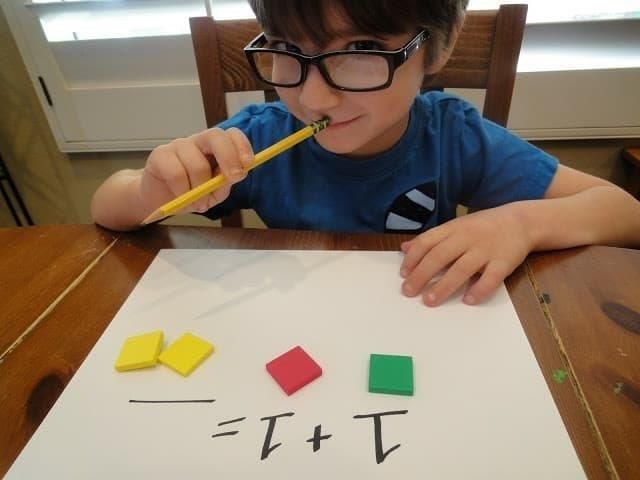 To restructure the management system and structure of preschool institutions, the Concept focused on the need to organize preschool councils, various funds for preschool education, develop programs for preschool institutions and create various types of preschool institutions.
To restructure the management system and structure of preschool institutions, the Concept focused on the need to organize preschool councils, various funds for preschool education, develop programs for preschool institutions and create various types of preschool institutions.
The concept of holistic development of personality (A. Petrovsky) involves taking into account the age, individual and personality characteristics of children in pedagogical work; taking into account not biological age, but true age. It is believed that preschool age is characterized by uneven development. The Pedagogical Concept of the holistic development of the child - a preschooler as a subject of children's activity was developed by M. V. Krulekht. The holistic development of the child, according to M. V. Krulekht, is the unity of individual characteristics, personal qualities, the child's mastering the position of the subject in children's activities. Individual properties are age and gender.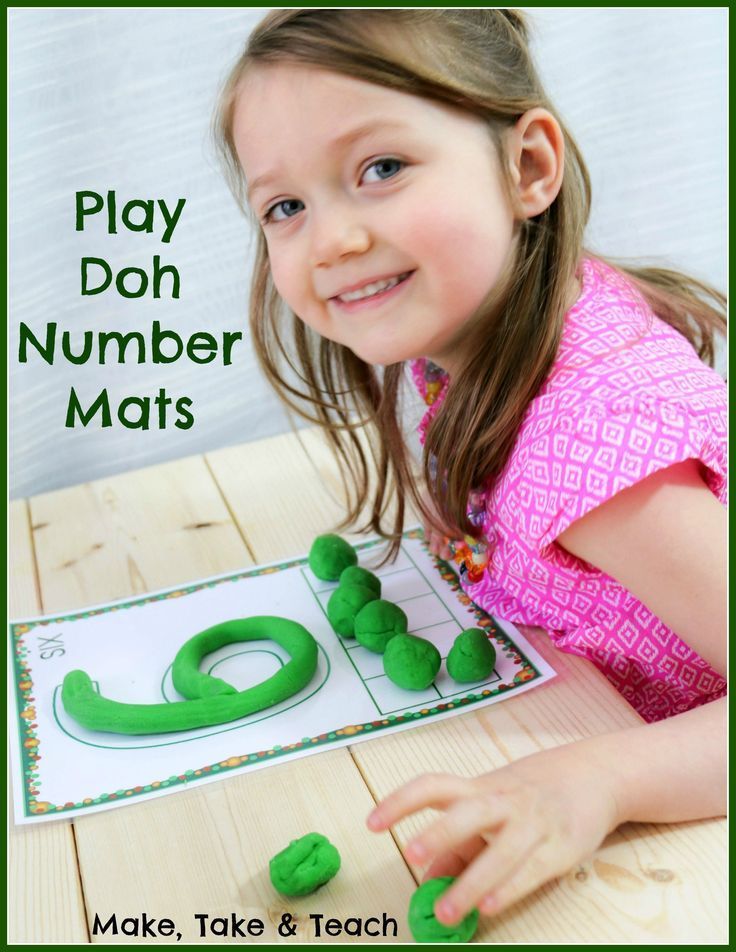 When determining the content of educational programs, developing pedagogical technologies, it is necessary to proceed from the physiological, psychological, cognitive characteristics of children, focus on the "zone of proximal development", the natural maturation of promising neoplasms. Mastering the position of the subject by the child requires a special pedagogical technology that unfolds the palette of various children's activities in front of the child and transfers the pupil to the position of the subject in order to develop individuality. The essence of the Concept lies in the fact that the model of holistic development as a subject of children's activity includes: the development of individual characteristics, the development of independence or personal qualities, mastering the position of the subject of children's activity, the development of individuality as the essential core of personality.
When determining the content of educational programs, developing pedagogical technologies, it is necessary to proceed from the physiological, psychological, cognitive characteristics of children, focus on the "zone of proximal development", the natural maturation of promising neoplasms. Mastering the position of the subject by the child requires a special pedagogical technology that unfolds the palette of various children's activities in front of the child and transfers the pupil to the position of the subject in order to develop individuality. The essence of the Concept lies in the fact that the model of holistic development as a subject of children's activity includes: the development of individual characteristics, the development of independence or personal qualities, mastering the position of the subject of children's activity, the development of individuality as the essential core of personality.
The concept of the content of continuing education (Doronova T., Vinogradova N.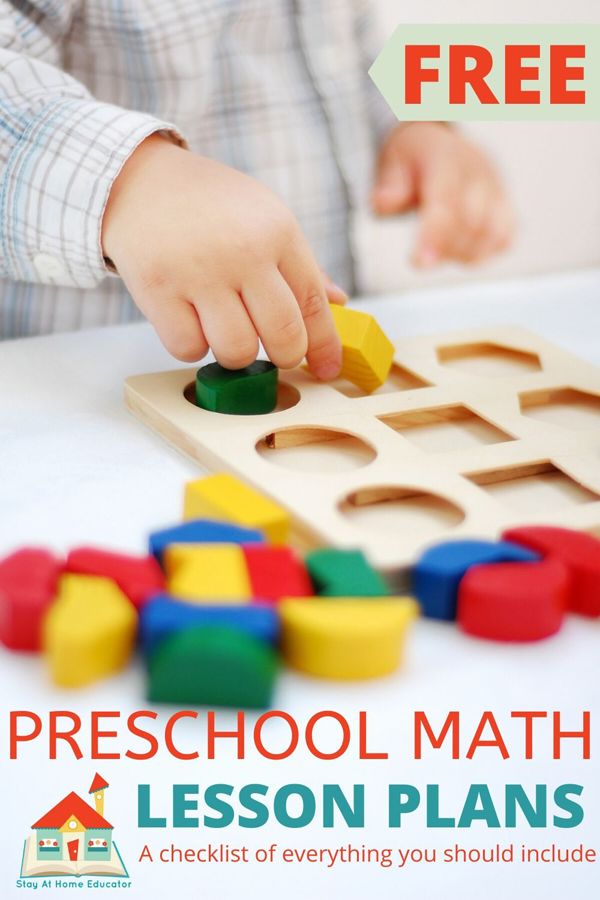 , Galiguzova L., 2002). In this Concept, the goals and objectives of preschool education are defined as follows:
, Galiguzova L., 2002). In this Concept, the goals and objectives of preschool education are defined as follows:
- education of a moral person, protection and strengthening of the physical and mental health of children, support for individuality;
- ensuring the emotional well-being of children;
- development of curiosity, initiative, creativity;
- development of competence in the field of communication between people.
The concept of early childhood (Pavlova LN, 2002) consists of three parts. The first part deals with the principles of raising children of this age, among which the principle of humanization of the goals and objectives of education, i.e. implementation of education by democratized methods. In the pedagogy of early childhood, all principles are especially pronounced: the utmost care for the health of children, ensuring a sense of security, the harmonious unity of the child with the culture of his people, the harmonious relationship between the adult and the child, the harmonious unity between the content, goals, objectives and means of education.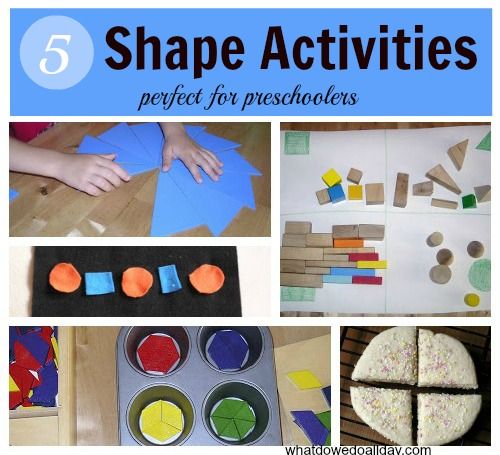 The second part of the Concept characterizes the hypothesis of the driving forces of development and upbringing, it is argued that at an early age, along with the activity of self-expression in children, the activity of heuristic behavior is observed. The third part of the Concept characterizes modern models of family and social education of young children. In particular, it is said that children's institutions should become centers of the pedagogical culture of the family. The draft program of public and family education of young children is characterized, the purpose of which is the creation of a multifunctional state system of public and family education of young children. The program defines the main areas of work: comprehensive scientific research in the field of early childhood pedagogy, development of normative and instructive documents, organization of experimental sites. The program is called "Me and Mom". The program assumes that each preschool institution organizes advisory assistance to parents, pregnant women, and young mothers.
The second part of the Concept characterizes the hypothesis of the driving forces of development and upbringing, it is argued that at an early age, along with the activity of self-expression in children, the activity of heuristic behavior is observed. The third part of the Concept characterizes modern models of family and social education of young children. In particular, it is said that children's institutions should become centers of the pedagogical culture of the family. The draft program of public and family education of young children is characterized, the purpose of which is the creation of a multifunctional state system of public and family education of young children. The program defines the main areas of work: comprehensive scientific research in the field of early childhood pedagogy, development of normative and instructive documents, organization of experimental sites. The program is called "Me and Mom". The program assumes that each preschool institution organizes advisory assistance to parents, pregnant women, and young mothers.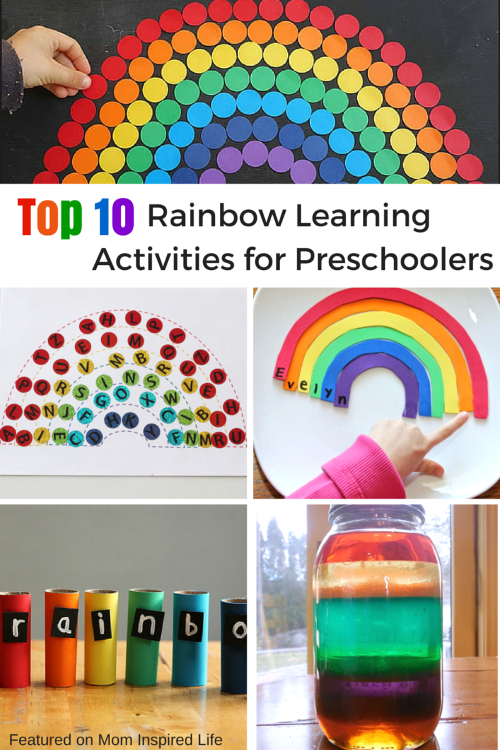 It is proposed to apply for the introduction of the rate of a social worker in the staff of the preschool educational institution. Advisory centers should provide effective advisory assistance to mother and child on the rational organization of infant care, raising a child in the first months of life, early correction of development and education. It is also planned to organize part-time groups for the stay of infants in a preschool educational institution in order to help the mother, centralized provision of food, outbound sales of children's goods, and provision of a cultural program for the family. Thus, the Concept and the program suggest, on the basis of the integration of family and social education, the creation of a multifunctional system of social and family interaction.
It is proposed to apply for the introduction of the rate of a social worker in the staff of the preschool educational institution. Advisory centers should provide effective advisory assistance to mother and child on the rational organization of infant care, raising a child in the first months of life, early correction of development and education. It is also planned to organize part-time groups for the stay of infants in a preschool educational institution in order to help the mother, centralized provision of food, outbound sales of children's goods, and provision of a cultural program for the family. Thus, the Concept and the program suggest, on the basis of the integration of family and social education, the creation of a multifunctional system of social and family interaction.
The development of legislation regulating relations in the field of preschool education contributed to the emergence of a fundamentally new document for the modernization of the system of preschool education - of the Federal State Educational Standard.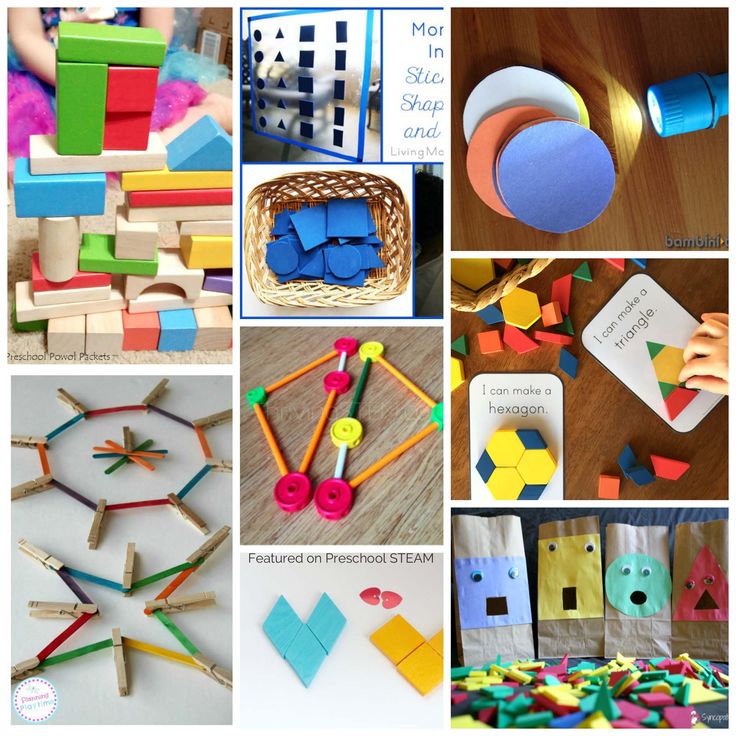
The conceptual provisions of the Federal State Educational Standards are defined in accordance with such documents as the Concept of the content of continuing education (preschool and primary), approved by the Federal Coordinating Council for General Education of the Ministry of Education of the Russian Federation on June 17, 2003 and the Federal State Educational Standards for Primary General Education, which determines the status and place of preschool education as the first link in the lifelong education system.
GEF DO sets guidelines for the development of the preschool education system and introduces a number of changes in the organization of the educational process in preschool educational institutions:
- replacement of the educational block with blocks of educational activities carried out in the joint activities of adults and children;
- an increase in the volume of joint activities of an adult and children, which includes not only educational activities carried out during sensitive moments, but also directly educational activities that are not related to the simultaneous conduct of sensitive moments;
- changing the content of the concept "joint activity of an adult and children" taking into account its essential (and not formal) features;
- change in the scope and content of the concept of "directly educational activity".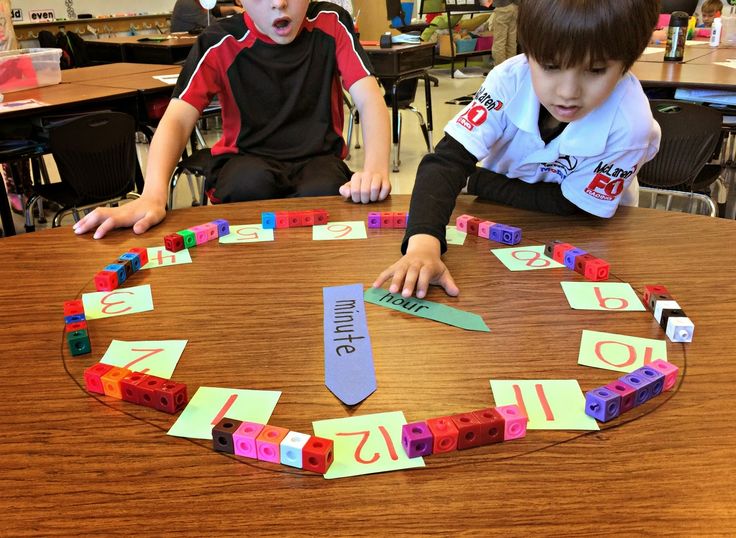
The ideology of the Federal State Educational Standard is aimed at forming a fundamentally new view of the content, structure and organization of preschool education. It is proposed to pay special attention to the formation of a general culture, the development of physical, intellectual and personal qualities, the formation of the prerequisites for educational activities that ensure social success, the preservation and strengthening of the health of preschool children, and the correction of shortcomings in the physical and (or) mental development of children.
Self-test questions:
1. What is a concept?
2. What are the main concepts of preschool education.
3. What is the essence of the main concepts, such as the Concept of early childhood education (1989), the Concept of early childhood (2002)?
Methods and concepts for early childhood education
College of Economic International Relations
For graduates of 9th and 11th grades.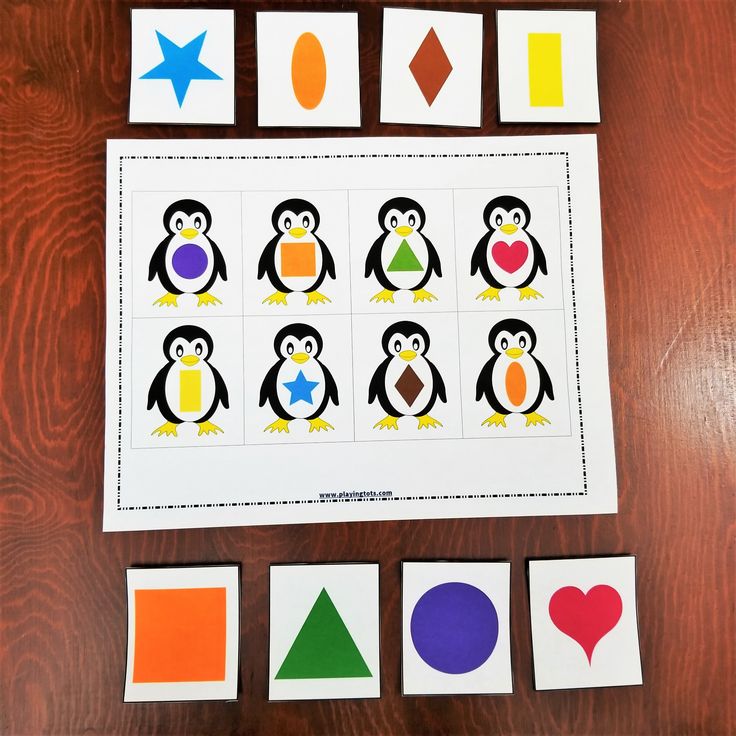
Higher education online
Federal project of distance education.
I would go to the oil industry!
Take the test, find out your future profession and how to get it.
Technologies of the future
Get inspired to become a cool engineer to change the world
Student projects
Moscow Polytechnic students talk about their inventions
Chemistry and Biotechnology at RTU MIREA
120 years of training experience
International College of Arts and Communications
MKIK - modern college
English language
Together with Wall Street English experts, we decided to talk about the English language in a way that would make you want to learn it.
15 rules of safe behavior on the Internet
Simple but important rules for safe online behavior.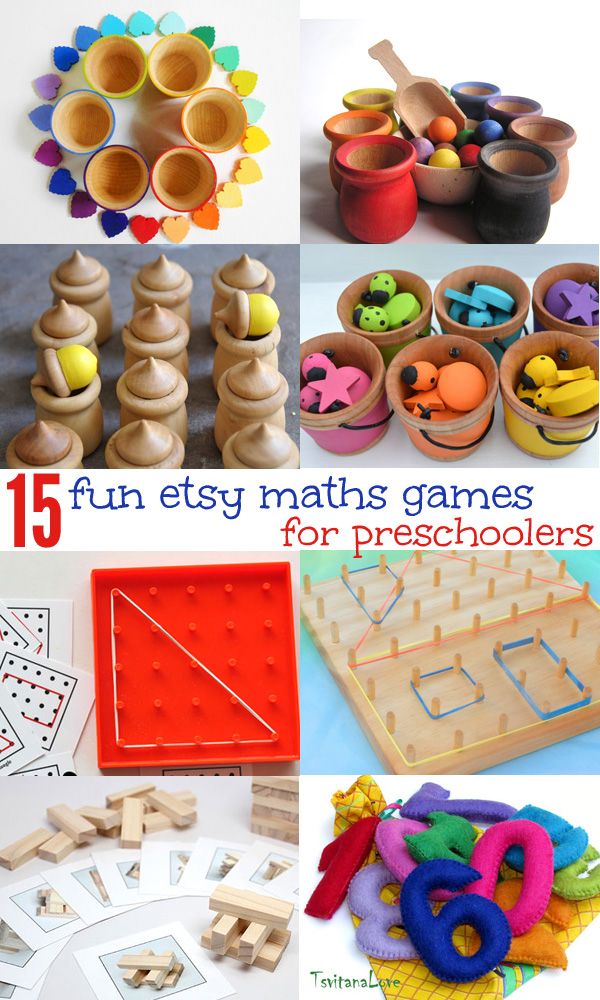
Olympiads for schoolchildren
List, calendar, levels, benefits.
First economic
We talk about what lives and how the Russian Economic University named after G.V. Plekhanov.
Ticket to Holland
Participate in the competition and win a trip to Holland to study at one of the summer schools at Radboud University.
Digital Heroes
They create Internet services, social networks, games and applications that are used daily by millions of people around the world.
Jobs of the future
How new technologies, scientific discoveries and innovations will change the landscape of the labor market in the next 20-30 years
Dream professions
Together with the Foxford online learning center, we decided to ask schoolchildren who they dream of becoming and where they plan to go.
Economic Education
About what the modern economy is and what career prospects open up for future economists.